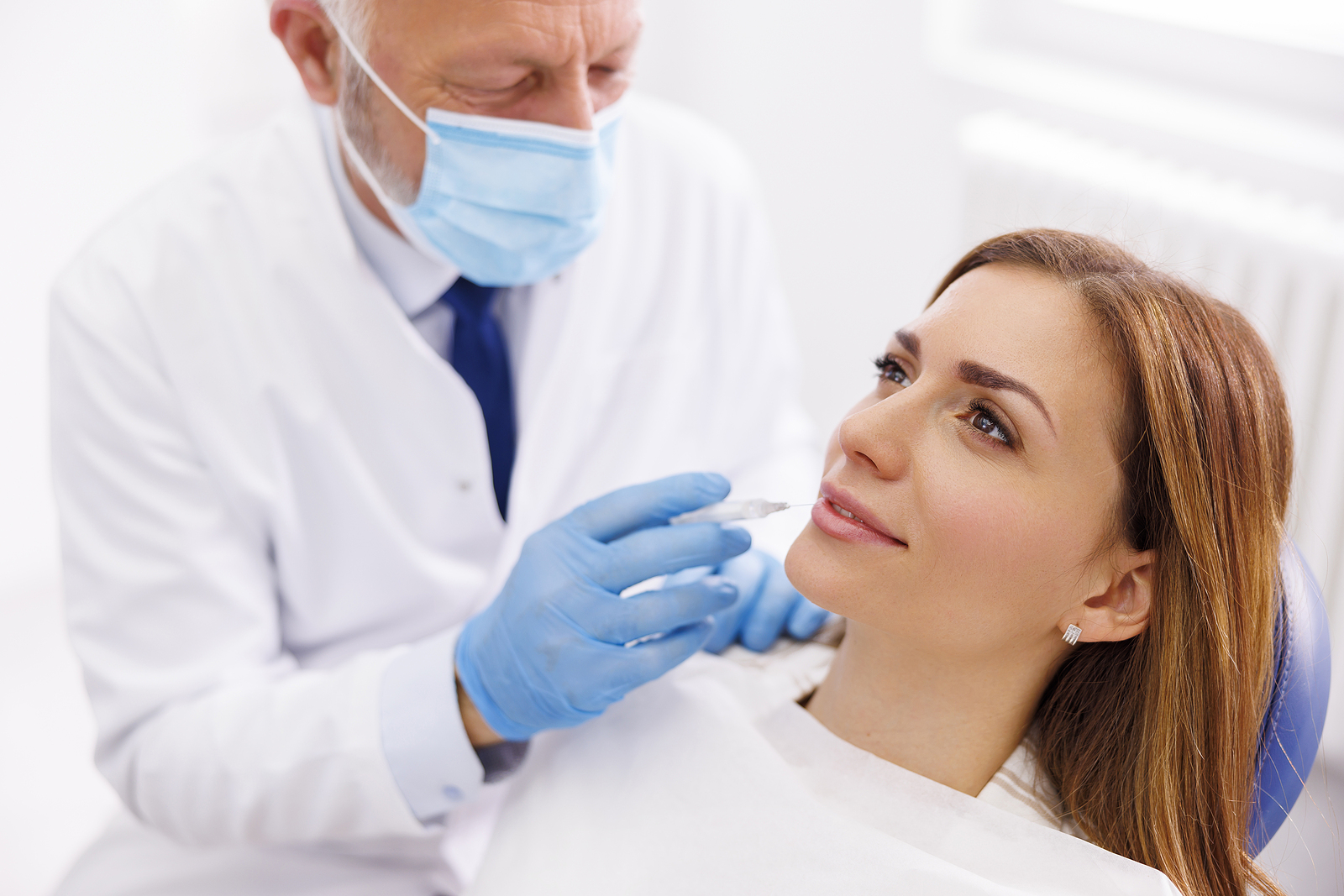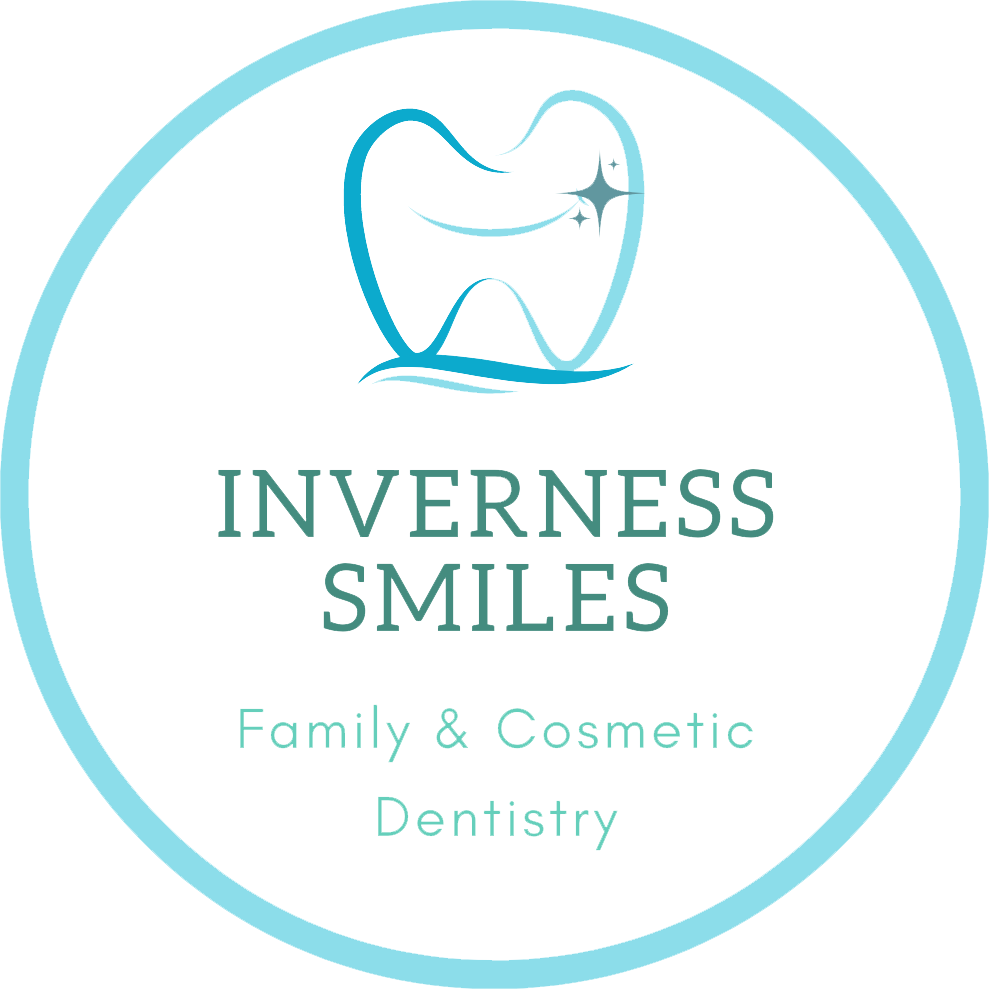![This is a thumbnail image of blog A Complete Guide: What to Expect on Your Routine Dental Examination This is a thumbnail image of blog A Complete Guide: What to Expect on Your Routine Dental Examination]()
A Complete Guide: What to Expect on Your Routine Dental Examination
Nov 26, 2023![Extractions in Birmingham, AL Extractions in Birmingham, AL]()
Tooth Extractions: Understanding the Procedure and Recovery Process
Feb 27, 2024![This is a thumbnail image of blog Did You Know That Good Oral Health Starts at Home? This is a thumbnail image of blog Did You Know That Good Oral Health Starts at Home?]()
Did You Know That Good Oral Health Starts at Home?
Nov 21, 2023![This is a thumbnail image of blog The Importance of Dental Bridges in Restoring Oral Function and Aesthetics This is a thumbnail image of blog The Importance of Dental Bridges in Restoring Oral Function and Aesthetics]()
The Importance of Dental Bridges in Restoring Oral Function and Aesthetics
Mar 27, 2024
The Dental Exam: What To Expect

The Dental Exam: What To Expect
Welcome to our dental blog! Today, we're diving into the world of dental exams and what you can expect during your next visit to the dentist. Regular dental exams are crucial for maintaining a healthy smile and preventing potential oral health issues down the road. Whether it's been six months or several years since your last check-up, understanding what happens during a dental exam can help ease any anxiety and ensure that you get the most out of your appointment. So sit back, relax, and let's explore the ins and outs of this essential aspect of oral care!
Why Regular Dental Exams Are Important
Regular dental exams play a vital role in maintaining oral health and preventing potential issues from escalating. By scheduling routine check-ups with your dentist, you can stay on top of any developing problems and address them before they become more serious or painful.
During these exams, dentists thoroughly evaluate the condition of your teeth, gums, jaw, and overall oral cavity. They can detect early signs of tooth decay, gum disease, oral cancer, or other abnormalities that may not be visible to the naked eye. This allows for timely intervention and appropriate treatment planning.
Moreover, dental exams provide an opportunity for professional cleaning and removal of plaque buildup that regular brushing and flossing might miss. Even with thorough at-home care habits, there are areas in the mouth that are difficult to reach without professional tools. Regular cleanings help prevent cavities and maintain healthy gums.
In addition to addressing current concerns and providing preventative care measures like cleanings or fluoride treatments if necessary, dentists also offer personalized advice on oral hygiene practices tailored specifically to each patient's needs. They can educate patients about proper brushing techniques and recommend suitable dental products such as toothbrushes or mouthwashes based on individual requirements.
What Happens During a Dental Exam?
When you arrive for your dental exam, the first thing you can expect is a warm welcome from the friendly dental staff. They will make you feel comfortable and at ease before proceeding with the exam.
- The dentist will then conduct a thorough examination of your mouth, teeth, and gums. This includes checking for any signs of tooth decay, gum disease, or other oral health issues. They may also perform an oral cancer screening to ensure early detection if necessary.
- During the exam, the dentist will use special tools to measure the depth of your gum pockets and look for any signs of inflammation or infection. They may also take X-rays to get a more detailed view of what's happening beneath the surface.
- Next comes the cleaning portion of the exam, where a dental hygienist will remove plaque and tartar buildup from your teeth using specialized tools. This process helps prevent cavities and gum disease while leaving your teeth feeling fresh and clean.
- Afterwards, the dentist will discuss their findings with you and address any concerns or questions you may have about your oral health. They may provide recommendations for future treatments or suggest changes in your daily oral hygiene routine to maintain optimal dental health.
Remember that regular dental exams play a crucial role in preventing serious oral health problems down the line. So don't forget to schedule yours regularly!
X-Rays and Their Importance
When you visit the dentist for a routine exam, one common procedure that may be performed is dental X-rays. These diagnostic images play a crucial role in helping your dentist assess your oral health and detect any potential issues that may not be visible to the naked eye.
One of the primary benefits of dental X-rays is their ability to reveal problems that are occurring beneath the surface, such as cavities between teeth or hidden areas of tooth decay. By detecting these concerns early on, your dentist can address them before they worsen and potentially cause more damage.
X-rays also enable dentists to evaluate the condition of your jawbone and monitor any changes over time. This is particularly important in cases where patients have had previous dental work done or wear braces, as it allows dentists to track progress and make necessary adjustments as needed.
Furthermore, X-rays can aid in identifying issues with gum disease or infections by showing if there is any bone loss or abnormalities present around the teeth. This information helps guide treatment plans so that appropriate measures can be taken to restore oral health.
While some people may have concerns about radiation exposure from X-rays, it's important to note that modern digital radiography techniques minimize this risk significantly compared to traditional film-based methods. The benefits gained from having regular dental X-rays far outweigh any potential risks.
In short, dental X-rays serve an essential purpose in maintaining optimal oral health. They allow dentists to detect problems early on when they are easier (and often less expensive) to treat. So next time you head into your dentist's office for a check-up, don't be surprised if they recommend taking some X-ray images – it's all part of ensuring your smile stays healthy and beautiful!
Conclusion
Regular dental exams are crucial for maintaining good oral health. During a dental exam, the dentist will thoroughly examine your mouth, teeth, and gums to check for any signs of problems or potential issues. This helps in early detection and prevention of more serious oral health conditions.
Regular dental exams are not only necessary but also beneficial for maintaining optimal oral health throughout life. By scheduling routine visits to your dentist every six months, you can stay proactive in preventing major dental issues from developing over time.
Remember: prevention is always better than cure when it comes to our precious smiles! So make sure you prioritize regular dental exams and take control of your oral health today!
Visit Our Office
Office Hours
- MON8:00 am - 5:00 pm
- TUE8:00 am - 6:00 pm
- WED - THU8:00 am - 5:00 pm
- FRI8:00 am - 1:00 pm
- SAT - SUNClosed





comments